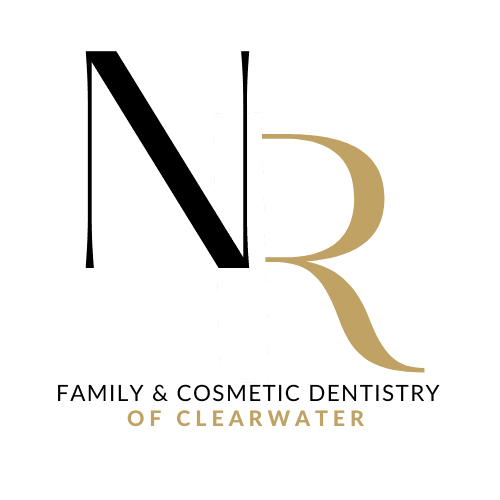
Our teeth: We should really appreciate them more than we do since without them it’s much more difficult to chew the food that nourishes our bodies and helps us stay healthy and strong. We also use them to make a good first impression whenever we smile when we’re introduced to someone new.
Humans grow two sets of teeth in our lives: our “baby” teeth (primary teeth) and our adult teeth (secondary teeth). Once your adult teeth finish growing in, usually by age twelve or thirteen, it’s absolutely necessary to take good care of them as you won’t naturally get any replacements. The biggest threat to having your teeth for a lifetime are cavities.
What Is A Cavity?
Cavities are another name for spots where tooth decay on our teeth has weakened and opened holes — hence the name, cavities– in your enamel, exposing the sensitive soft tissues and nerves within. This makes your tooth vulnerable to bacteria which can cause infections as well as creating sensitivity to temperature and touch. Eventually, cavities can even make chewing properly challenging. This limits your dietary options and can even make it difficult to get all the nutrients you need. After the common cold, cavities are the most frequently diagnosed ailment for human beings. But what causes this threat to the health of our smiles? What can we do to repair them? And what can we do to stop them before they start? Dr. Natasha Radosavljevic — Dr. Rados, for short — in Clearwater, FL has the answers.
How Do Cavities Form?
Bacteria, most of it relatively harmless, live in our mouths since it is warm and wet — their favorite environment. These bacteria feed off plaque that forms from food particles and saliva in our mouths. The plaque that is hardest for us to remove because has gathered in hard-to-reach places for our toothbrush such as between teeth and below the gumline is a feast to these bacteria.
When we eat foods that are rich in carbohydrates such as sugars (like in donuts and candy) or starches (like in potato chips), these bacteria break down these components using their digestive acids. These acids bind to the plaque, feeding on it but also eventually on our enamel itself.
How Are Cavities Treated?
Once a cavity has formed, it is usually repaired by your dentist using a filling wherein your dentist reinforces the holes or weakened areas in tooth enamel with various substances. This stops the process of decay right in its tracks and denies the bacteria access to the inside of your tooth where it can cause infections. Fillings can be made of composite resin, amalgamated metals, gold, silver or glass ionomer. Dr. Rados will consult with you to decide which route would work best for your teeth.
Preventing Cavities
It’s much simpler to prevent something than to reverse it. Cavities are this way too. Brushing after meals or at least twice a day with a fluoride-infused toothpaste is recommended to remove the plaque that may have formed while also strengthening your enamel.
Dentists also recommend cutting down on carbohydrates in your diet and drinking plenty of water to keep yourself properly hydrated. A dry mouth can accelerate the acidic breakdown of your teeth.
Flossing at least once a day helps remove the plaque that may be built up and prevent the formation of cavities in those hard to reach spaces between your teeth. The most important step to take for prevention is scheduling regular check-ups and cleanings at your local dentist’s office. For those patients in Clearwater, FL area, call 727.360.4302 or schedule an appointment online to consult with Dr. Rados today.
